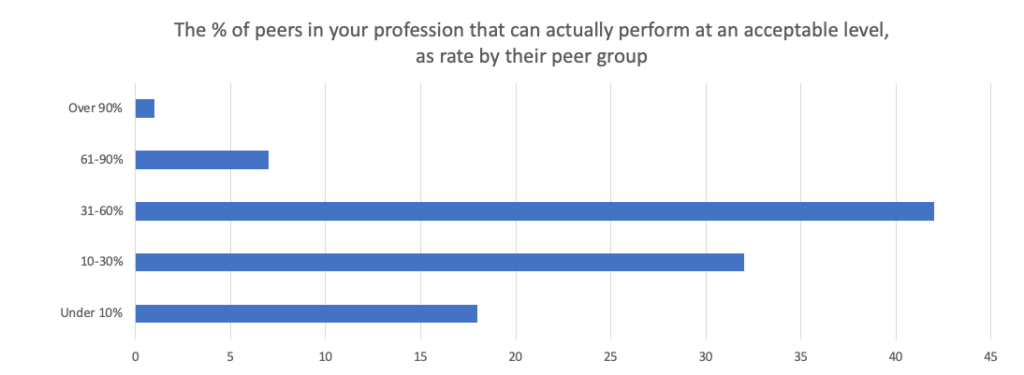Today on the Weekly Dose I take a look at a piece of tech hardware, not software that is gaining popularity with organizations who are doing more and more hybrid virtual meetings. Owl Labs developed a speaker/mic/camera combination, The Meeting Owl, that makes in-office and remote workers feel more like they are in the room.
One of the biggest pains for remote workers is when they are having meetings with co-workers that are in-office is many times you don’t get the full experience of what’s actually happening in the room. You either get one view of a large conference room, viewed through a small screen, and it’s hard to pick up who’s talking and actually get to see their expressions, etc.
The Meeting Owl is a smart speaker/mic/camera that gives you a complete 360-degree view and sound of the entire meeting room. It basically turns any room into a smart meeting room. One of the coolest things is that it works directly within whatever meeting platform you are using: Zoom, Teams, etc.
What I like about The Meeting Owl:
- It makes all participants of the meeting, even those who are remote, feel like they are actually in the room with everyone.
- If you are remote and viewing the meeting you can view both the presenter and those participating.
- This simple device can turn any room or office into a smart meeting room almost instantly.
- The price is fairly low, $999, for a telecom-type speaker device, but you get the added advantage of the 360-degree camera view.
We are all challenged with how we will not just make Remote work, work, but how we will make remote work thrive. The Meeting Owl is a great idea coming out of the tech community to make it easier for not only remote workers to feel better connected, but also clients and any other stakeholders who feel like the normal video calls feel less than ideal.
The Meeting Owl seems like a great alternative to super expensive conference room video/audio systems that are being sold on the market. With this speaker and a cheap smart TV you can turn any room into a fully functioning smart conference room for about $1500.
Owl Labs did not pay for this post, but, as always, if they want to send me a Meeting Owl I would happily accept it and play with it!

